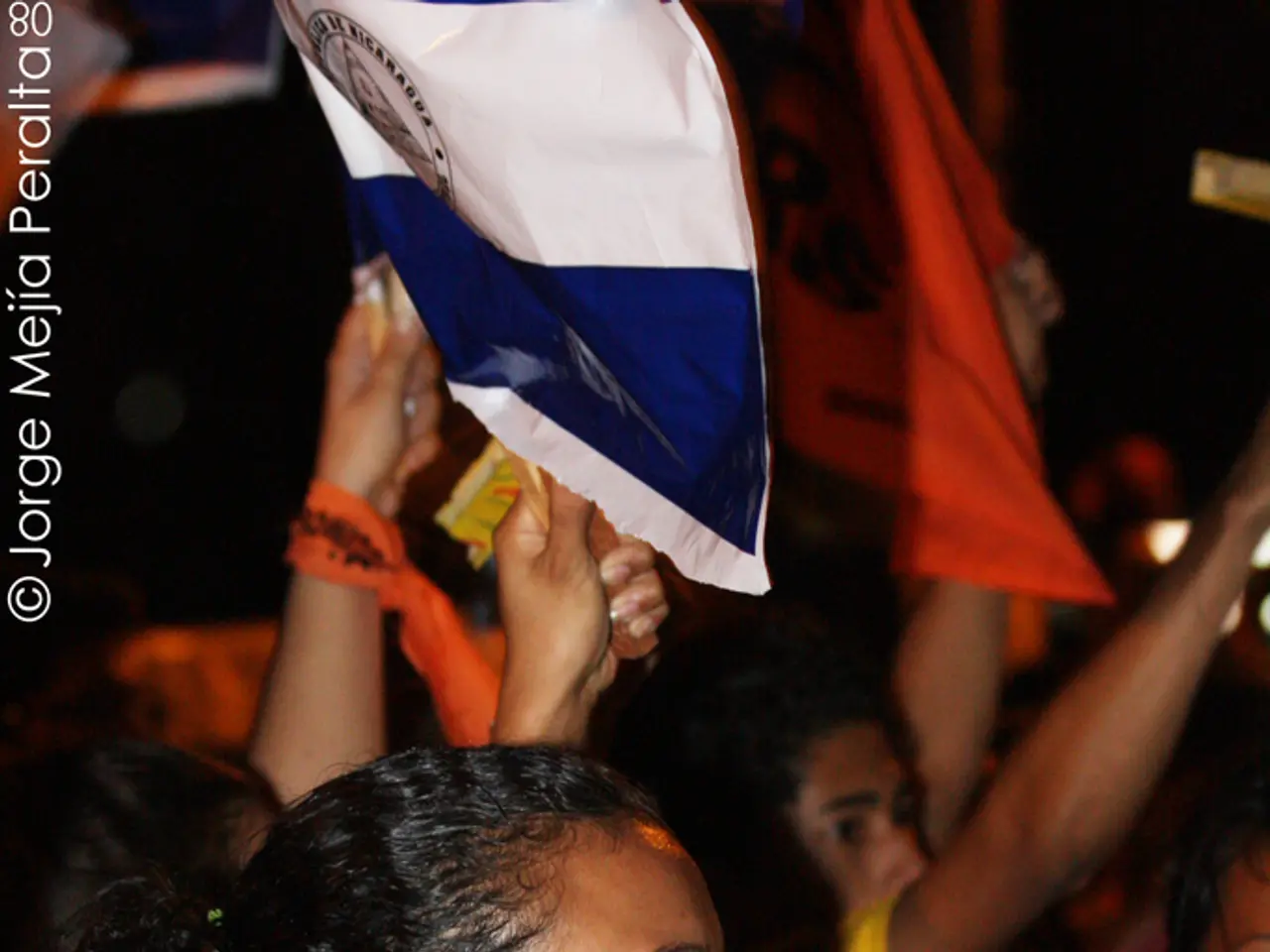Widespread injustice toward females through acts of violence
Women's Rights Issues in Bangladesh: A Persistent Struggle
Women in Bangladesh continue to face numerous challenges, with violence, discrimination, and inequality persisting as major concerns. A recent report reveals that murder is the second most common form of violence against women, with 320 women and girls reported killed.
The justice system in Bangladesh is often criticised for being lengthy, costly, and unfriendly towards women. Victims of violence are left financially and mentally drained, with only a fraction of the reported cases being resolved. The case of Sohagi Jahan Tonu, a symbol of women's rights protests since 2016, remains unresolved despite nine years.
Society's flawed attitudes towards women contribute significantly to violence against them, both at home and in public spaces. Women are underrepresented and misrepresented in the media, often portrayed as homemakers, mothers, wives, or sex objects. This reinforces harmful notions about their worth and reinforces violence against them.
Cyberspace has become a new avenue for harassment and stalking, posing an equally high risk to women's and girls' safety. A staggering 70% of women in Bangladesh are victims of cyberbullying, but bullying is not cognizable in court.
Child marriage remains widespread, affecting 51% of girls under 18, despite legal restrictions. Women own only about 4% of land, limiting their economic independence and decision-making power. Low labor force participation in high-skill and managerial roles, with persistent income inequality, further hinders women's progress.
Health impacts include poor maternal health and lack of access to reproductive services, exacerbated by early marriage and limited safe community spaces. Political representation has increased, but this often masks ongoing grassroots inequality and lack of meaningful participation.
Proposed solutions focus on legal reforms, empowerment programs, and grassroots support. Legal and policy reforms are needed to secure women's rights, including reforms to inheritance laws and strengthened protections against violence. Grassroots empowerment and awareness initiatives, such as safe community spaces and street dramas, educate women and communities on rights, health, and stopping early marriage.
Political and institutional reform is also crucial to ensure women’s full, equal, and safe participation in decision-making aligned with international standards. Support from international and local actors, including NGOs, UN agencies, and governments, is urged to collaborate in enforcement, legal accountability, and community programs.
Although Bangladesh has made progress in political empowerment and education gender parity, persistent inequalities and limited enforcement of women’s rights laws require coordinated, sustained efforts at both national and grassroots levels to achieve true gender equality.
References:
- Bangladesh: Women's Rights in Focus
- Gender Equality in Bangladesh: A Long Road Ahead
- Women's Rights in Bangladesh: A Structural Analysis
- Addressing Gender Inequality in Bangladesh
- Breaking the Cycle of Child Marriage in Bangladesh
- The struggle for women's rights in Bangladesh extends to various domains, including health-and-wellness, as women continue to face poor maternal health and lack of access to reproductive services.
- In the realm of politics, while Bangladesh has made strides in political representation, ongoing grassroots inequality and lack of meaningful participation persist, hindering the achievement of true gender equality.
- As society progresses, it is crucial to address the representation and portrayal of women in media, to combat harmful notions that reinforce violence against women and girls, in real-world settings as well as in crime-and-justice matters, and in virtual spaces like cyber-bullying.




